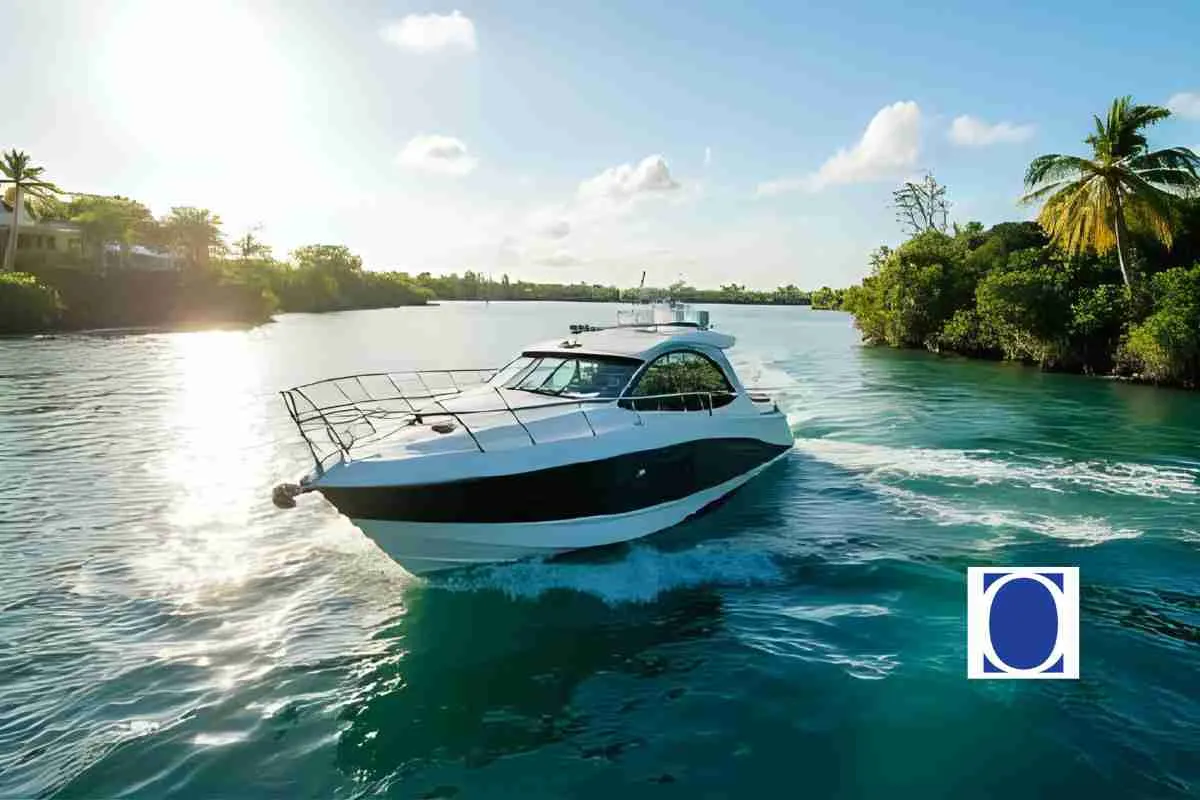No, boat insurance is not legally required in Florida for most recreational watercraft. However, while the state doesn't mandate it, having boat insurance is highly recommended to protect yourself financially in case of accidents, damage, or liability claims. Some marinas and lenders may require proof of insurance depending on where and how you use your boat.
Let’s dive deeper into what boat insurance covers in Florida, when it becomes necessary, what types of policies are available, and how to choose the right coverage for your needs.
Why Boat Insurance Matters in Florida
Florida is home to over one million registered boats, making it one of the most popular boating states in the U.S. From the Gulf Coast to the Atlantic Ocean, boating is a major part of life for many Floridians. But with high boat traffic comes high risk. Storms, theft, collisions, and liability issues are real concerns.
Even though Florida law does not require boat insurance, the financial consequences of being uninsured can be devastating. A collision with another vessel, injury to a passenger, or property damage can result in out-of-pocket costs running into thousands of dollars.
When Boat Insurance Might Be Required in Florida
While Florida doesn’t legally enforce boat insurance for all boat owners, there are several scenarios where it may still be required:
1. If You Finance Your Boat
If you’re financing a boat through a bank or other lender, they will almost always require you to carry comprehensive and collision insurance to protect their investment until the loan is paid off.
2. If You Dock at a Marina
Many marinas in Florida require proof of liability insurance before allowing you to dock or store your boat on their premises. This helps protect against potential property damage and injuries at the facility.
3. If You Participate in Organized Events
Boat races, fishing tournaments, and similar organized boating events often require participants to carry specific liability coverage.
4. If You Want Peace of Mind
Even without legal or institutional requirements, protecting yourself against storm damage, theft, vandalism, accidents, or lawsuits makes boat insurance a smart investment in a high-risk boating environment like Florida.
What Does Boat Insurance Cover?
Boat insurance policies can be customized depending on the type and value of your boat, how you use it, and what level of protection you want. Here are common coverage options:
1. Liability Coverage
Covers bodily injury and property damage if you’re responsible for an accident. This is often the most essential type of coverage and may be required by marinas or events.
2. Collision Coverage
Pays for damage to your boat if you collide with another boat, dock, or underwater object.
3. Comprehensive Coverage
Protects against non-collision-related incidents like fire, theft, vandalism, or storm damage—very important in hurricane-prone Florida.
4. Uninsured/Underinsured Boater Coverage
Protects you if you’re hit by another boater who doesn't have insurance.
5. Medical Payments
Covers medical expenses for you and your passengers, regardless of who is at fault.
6. Personal Effects and Equipment Coverage
Covers gear like fishing rods, navigation systems, and personal belongings on the boat.
7. Towing and Assistance
Provides roadside or on-water assistance in case your boat breaks down or runs out of fuel.
Types of Boats That Benefit From Insurance
Boat insurance can cover a wide range of watercraft in Florida. Even if not required by law, these types of boats are often insured:
Powerboats / Speedboats
Fishing Boats
Sailboats
Yachts
Jet Skis / PWCs (Personal Watercraft)
Houseboats
Pontoon Boats
If your boat is motorized or high-value, you should absolutely consider insuring it—even if it’s just for liability.
Average Cost of Boat Insurance in Florida
Boat insurance costs vary depending on factors like:
Type and size of boat
Age and value of the vessel
Where the boat is stored
How often and where you operate the boat
Coverage limits and deductible
Boater’s driving and claims history
On average, boat insurance in Florida ranges from $300 to $1,000+ per year. Yachts and high-powered vessels may cost significantly more to insure.
How to Choose the Right Boat Insurance Policy
Here’s how to make sure you’re getting the right protection:
✅ Compare Quotes
Always compare at least 3 different providers to find the best rates and coverage.
✅ Look for Storm/Hurricane Coverage
Florida’s weather is unpredictable. Ensure your policy covers hurricane and flood damage.
✅ Check Marina or Event Requirements
If you're docking or racing, check for minimum liability limits required.
✅ Read the Fine Print
Understand what’s excluded, especially for wear and tear, mechanical breakdown, or use outside U.S. waters.
✅ Bundle Your Policies
You may be eligible for multi-policy discounts if you already have home, auto, or renters insurance with the same provider.
Best Boat Insurance Companies in Florida
If you're shopping for boat insurance in Florida, consider these top-rated providers:
Geico Marine
Progressive Boat Insurance
State Farm
Allstate
Markel
USAA (for military members)
Each offers unique features like disappearing deductibles, hurricane haul-out coverage, and fishing gear protection.
Final Thoughts
While Florida doesn’t require boat insurance by law, it’s still a critical part of protecting your finances and your boat. From tropical storms and boating accidents to theft and liability lawsuits, the risks are real—and the right policy can save you thousands.
If you're docking at a marina, financing your boat, or simply want peace of mind, boat insurance is a smart and often necessary investment. Shop wisely, compare coverage, and enjoy the waves without worry.

